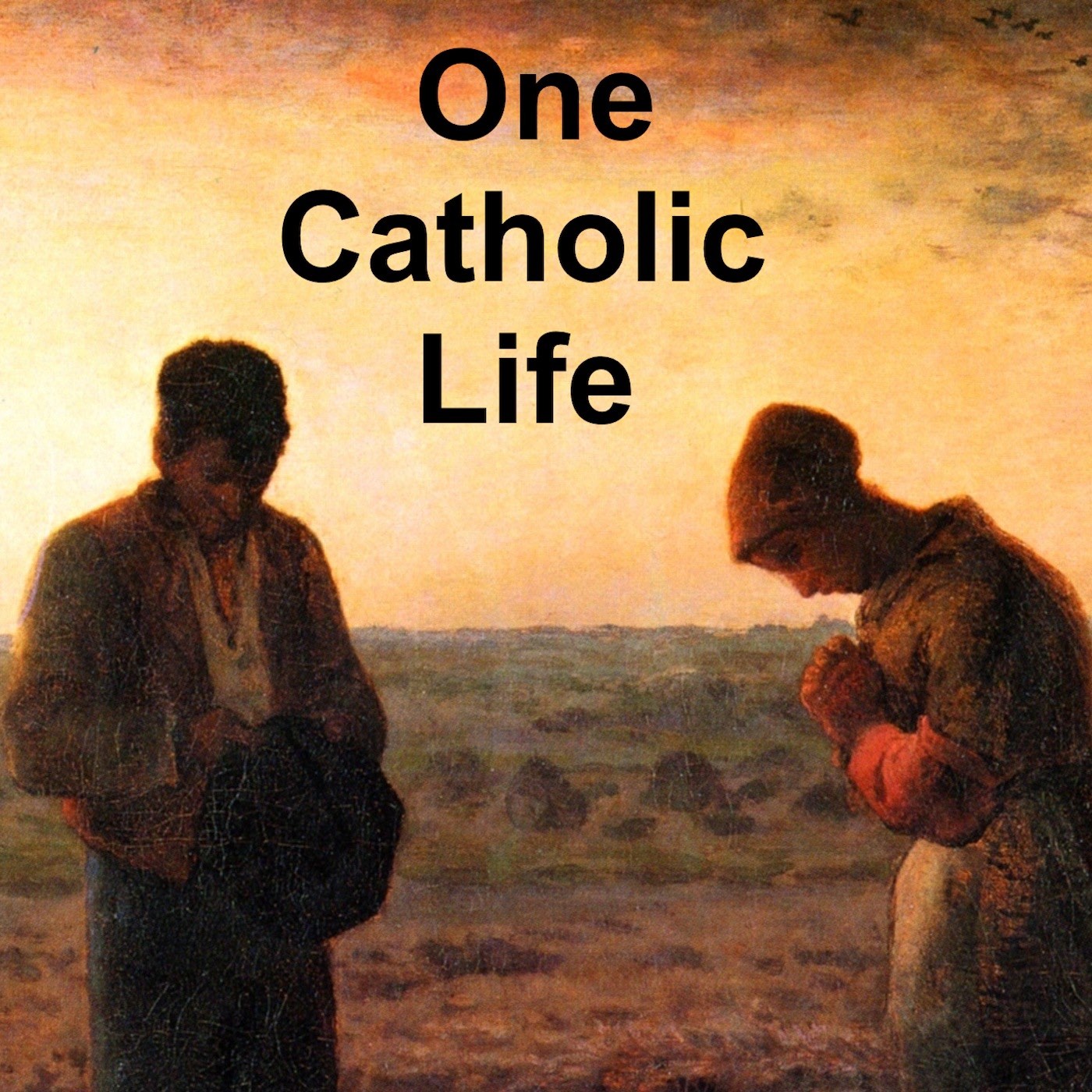An Eclipse in Our Time – Homily for the 20th Sunday in Ordinary Time Year A
Description
After Mass this Sunday I’m going to drive south to the Camas Prairie in Idaho,
where my wife Brenda is already visiting her mother.
As any conscientious husband will tell you,
you don’t need a reason to visit your mother-in-law,
but this weekend we do in fact have a particular reason for visiting:
we’re going to watch the eclipse.
We want to go see the eclipse
not only because it’s such an unusual natural phenomenon,
but also because natural events like this
can help us understand the supernatural world.
The timing of this eclipse in particular
can help us unpack today’s scripture readings,
especially in light of what has been going on in our world lately.
An eclipse can be a frightening thing
for those who don’t understand it.
In ancient times,
whenever there was an eclipse of the sun
people were terrified.
They didn’t know what was happening.
All of a sudden in the middle of the day the entire world goes dark.
Ancient cultures tried to explain eclipses by saying
the sun was being devoured by a giant frog, or wolves, or a dragon.
The ancient Greeks believed an eclipse was the sign of angry gods.
Imagine what it would feel like to have the world suddenly go dark,
and to not know the reason why.
There’s a great science fiction story by Isaac Asimov called “Nightfall”
that tells the story of a planet that exists in a system with six stars,
so that it’s always daylight there.
The people have never known what it is to live in darkness,
to see the night sky.
But every two thousand years, the stars align in such a way
that a hidden moon eclipses them all at the same time.
Night falls for the first time in a hundred generations,
and the people who have never known that kind of darkness panic.
They need light, they want light,
and so they begin setting fire to everything,
and their civilization crumbles as everyone goes insane with fear.
In this story, the cycle repeats over and over again,
every two thousand years.
Now, we in the scientific era know that an eclipse is simply
the passing of the moon in front of the sun.
We know that it will end.
It’s a darkness, yes, but it’s a darkness that is only temporary.
There is no need for us to fear angry gods or the crumbling of civilization.
And that is an image of the way that our faith
helps us to handle the dark things that go in our world today.
And there is darkness in the world today.
Just this past week
we have witnessed racist demonstrations
and acts of violence—
hateful, hateful attitudes and actions
that are completely counter to Christianity.
In today’s first reading we hear,
“My house shall be called a house of prayer for all peoples.”
All peoples.
But the darkness of prejudice still casts its shadow on our world.
And we’ve heard the rhetoric of violence over North Korea,
and threats of nuclear war.
Have we learned nothing
in these decades since
World War I and II, the Korean War, the Vietnam War,
all of the conflicts we have lived through over the last 100 years?
So yes, there is indeed darkness in the world today.
But what the eclipse can help us to remember
is that this darkness is only temporary.
We don’t need to panic like those people in the story “Nightfall,”
setting fire to everything and burning down their civilization.
More Episodes
We are given very powerful readings today,
powerful individually and powerful collectively.
And at the heart of them all is a line by St. Paul
in his letter to the Romans:
“…be transformed by the renewal of your mind,
that you may discern what is the will of God,
what is good and pleasing...
Published 09/04/23
Published 09/04/23
It’s a sad fact of history
that the largest religious community
that ever lived together in the same place
in the history of the Catholic Church
was at the Dachau concentration camp in Germany during World War II.
Over 2,500 Catholic priests became prisoners in Dachau,
in Cellblock 26,...
Published 02/13/23


